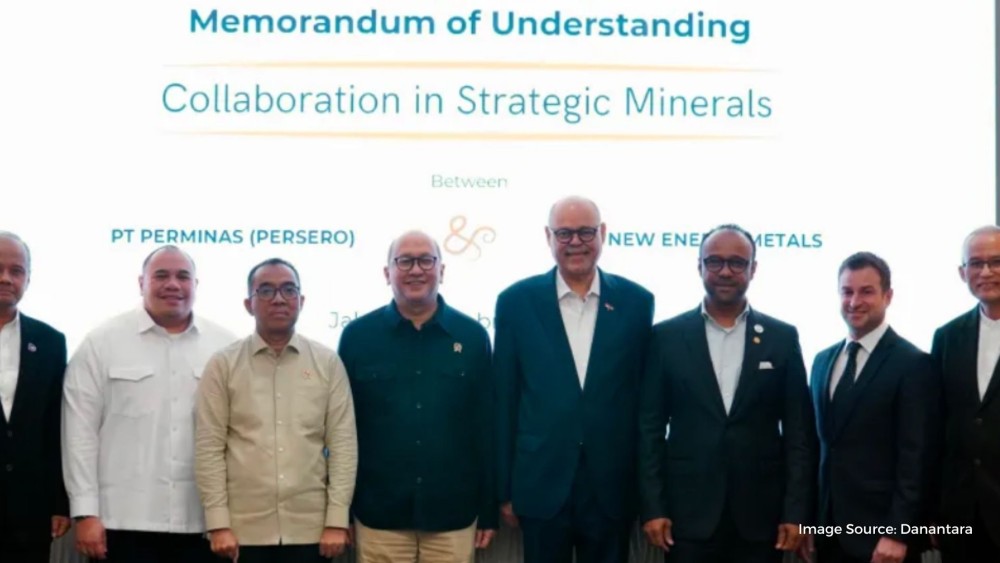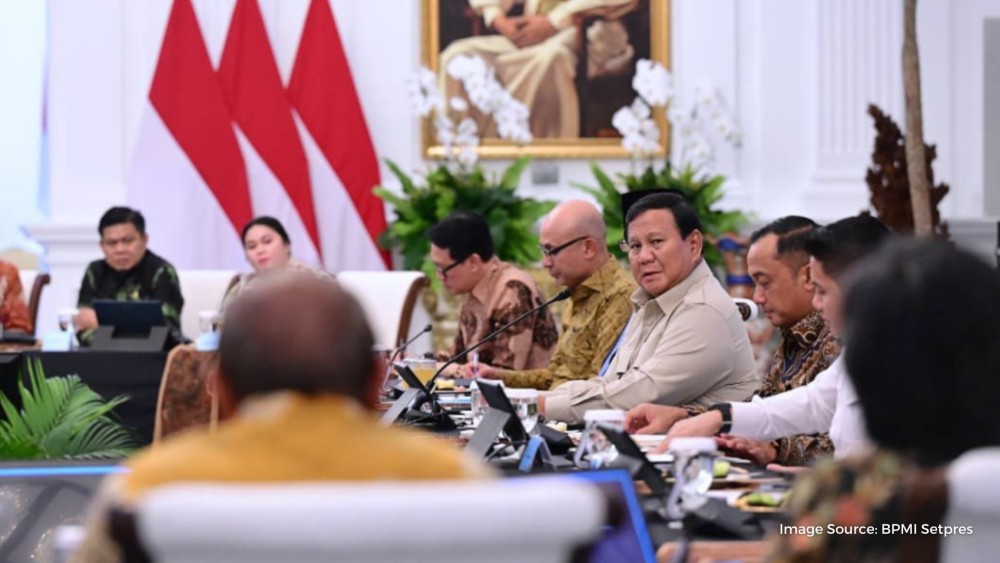Investment Ministry: Toyota to Build Ethanol Plant in Indonesia
28 Oct 2025

The Ministry of Investment and Downstreaming (BKPM) has revealed that Japanese automaker Toyota plans to build an ethanol production plant in Indonesia. The move follows the government’s plan to implement a mandatory 10% ethanol blend (E10) in gasoline starting in 2027.
“One of the private parties planning to build [an ethanol plant] is Toyota, as they already have a lineup that uses hydrogen and bioethanol in the automotive sector,” said Deputy Minister of Investment and Downstreaming Todotua Pasaribu during the Sarasehan 100 Indonesian Economists event on Tuesday, October 28.
Todotua said Toyota already produces vehicles that can run on 100% ethanol (E100) as fuel. The plan to establish an ethanol plant is the result of discussions between the Indonesian government and the company.
“We have encouraged Toyota to secure their upstream feedstock supply. Toyota is serious about this plan, and hopefully, the process will run smoothly and be realized soon,” he stated.
Bioethanol, or biofuel, is derived from the fermentation of plant-based materials such as sugarcane molasses, corn, soybeans, tubers, and other biomass sources. As an oxygenated fuel with an oxygen content of 35%, bioethanol has the potential to significantly reduce vehicle emissions.
He added that Toyota is not the only private company interested in building an ethanol plant; several others have also expressed interest, though he did not specify their names.
Todotua explained that if the E10 mandate proceeds, total national fuel demand would reach 40 million kiloliters, with ethanol making up 10% of that, or 4 million kiloliters. He emphasized that Indonesia already possesses all the necessary commodities for bioethanol feedstock.
“Now it depends on how serious we are about implementing the E10 policy,” he said
Brazil Plans to Build Ethanol Plant
Minister of Energy and Mineral Resources (ESDM) Bahlil Lahadalia previously stated that the total ethanol volume required for the E10 mandate in 2027 is expected to reach 1.4 million kiloliters.
“We plan to meet all demand domestically. So, the goal is for domestic investment,” Bahlil said after attending the 80th Mining Anniversary Ceremony at the National Monument (Monas) on Friday, October 24.
He explained that the ethanol produced in Indonesia will come from plants such as cassava, sugarcane, or corn. The construction of ethanol plants will also create new employment opportunities in the agricultural sector.
“Of course, this process requires mechanization and technology so that regional economies can grow. Once the ethanol feedstock is planted and ready, we will build the plants,” he said.
According to Bahlil, the planting phase for ethanol feedstock takes about one and a half to two years. Investors who build ethanol plants in Indonesia may be eligible for government incentives such as tax holidays and guaranteed market access.
He revealed that Brazil has shown interest in investing in Indonesia’s ethanol sector. “Last night, when I signed an MoU with Brazil, we discussed it. There’s a strong possibility that Brazil will build a plant here,” he said.
This article is published in partnership with Katadata
Original article here






